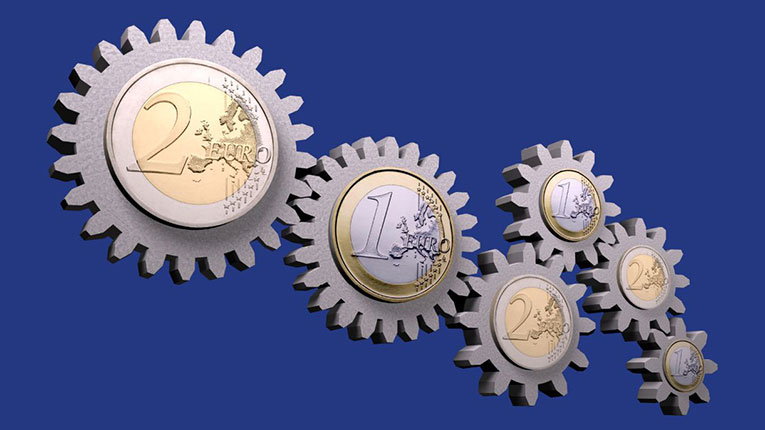Three quarters of Romanian business leaders (75%) believe that the reforms and investments made through the National Recovery and Resilience Plan (NRRP) will contribute to the local economy’s competitiveness in the next five years, while also supporting local businesses’ transition to more performant and sustainable operational models, indicates the Deloitte study “Futureproofing Europe: How the NextGenerationEU program is inspiring companies to transform”, carried out among nine EU member states. The report also points out the above-average level of knowledge of the surveyed Romanian executives (41%) on the objectives and areas of intervention of the plan. In fact, Romania is among the states with the most companies interested in participating in tenders for NRRP projects, with 5% in 2023, compared to the EU average of 3%, according to the study.
Innovation, digitization and sustainability are the strategic directions targeted by the NextGenerationEU fund (NGEU), accessed by the member states through their national Recovery and Resilience Facilities, and EU companies take advantage of this opportunity to update their strategies, the study also indicates. Thus, over a third of them (36%) declare that they have rethought their innovation strategy since the adoption of the NGEU by the European Commission (2020), 40% have redesigned their digitalization strategy, and 31%, their sustainability strategy, also stating that they feel driven by the NGEU and the NRRP to increase investments in the “green” transition. Companies in Romania rank above average in each of these chapters: 37% declare that they have reviewed their innovation strategy over the last 24 months, 50%, the one on digitization, while 61%, the highest percentage among countries presented in the study, declare that they will increase investments in sustainability under the NRRP influence.
“The 800 billion euros available under the NextGenerationEU fund create direct and indirect opportunities that business leaders across the European Union, including in Romania, perceive and that push them to update their strategies in this time of recovery after last years’ successive shocks. Actually, 62% of the surveyed executives say that support mechanisms similar to the NGEU would be welcome even after 2026, during possible new episodes of systemic instability, while 57% estimate that the funds attracted by the states through their national plans will parallelly mobilize a significant increase in private investments across the EU as well. The European business environment expects more direct support from the EU in the future, in the form of grants and subsidies for entrepreneurs (72%), and feels the need for faster and less bureaucratic decision-making mechanisms (44%), better alignment of the institutions involved (40%), and an increased ability to reconcile some divergent interests of member states (37%),” said Alexandra Smedoiu, Tax Partner, Deloitte Romania.
Companies in countries whose economies have been most affected by the pandemic and the energy crisis, such as Germany and Italy, were the most enthusiastic about the European Commission’s initiative to create the NGEU, as well as about the scope and opportunities that the fund brings in general, with 72% and respectively 64% of respondents. Romania appears on the more moderate side, with a favorable perception of the NGEU among 53% of respondents, similar to countries such as France (55%) or Finland (51%).
“Romania is among the countries with the highest percentage of NGEU allocations in relation to GDP (12%), according to the European Commission data, which motivates the private sector to examine and access various areas of opportunity; this explains the above-average percentages revealed by the study in terms of interest in NRRP tenders or the Romanian business leaders’ knowledge of the plan’s objectives and directions, but especially percentages related to NRRP’s influence on digitization and sustainability projects. Such a significant resources flow as the one provided by the NGEU, with tranches conditioned on performance criteria, also calls for a constant processing capacity at a national level, both in the public and the private environment, and persistent realities, such as inflation or supply chain bottlenecks, affect the smooth running and on-time delivery of projects and subsequent contracting procedures,” added Adrian Coman, Senior Managing Associate, Reff & Associates | Deloitte Legal.
Provided that the NGEU or a similar program continues after 2026, business leaders believe that the main intervention areas should be sustainability and the “green” transition (51%), innovation and corporate digitalization (49%), the development of skills of the future (30%) and providing tangible support to companies, especially SMEs and start-ups (28%).
The NextGenerationEU fund is a support package launched by the European Commission to support economic recovery of the member states after the crisis caused by the COVID-19 pandemic. The instrument is worth around EUR 800 billion, funds that the states can access through national Recovery and Resilience Facilities, and is operational during 2021-2026.
